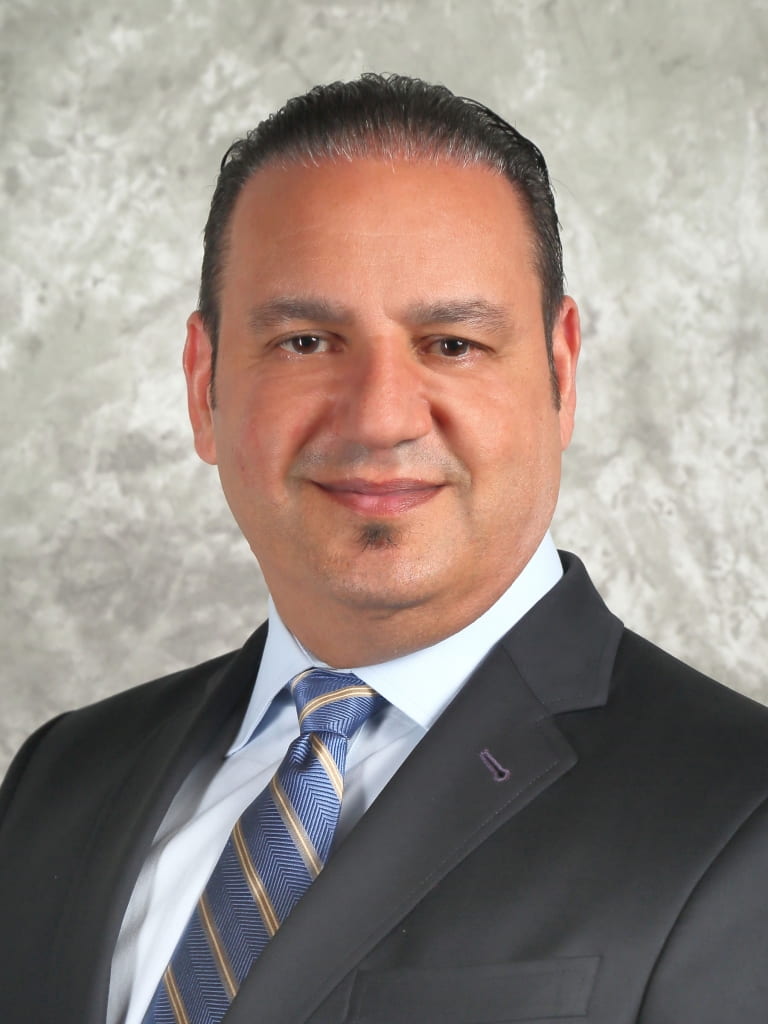NIH funds UC Irvine project to measure the severity of heart valve backflow
Support originated by Congressman who lost his wife to sudden cardiac death

Irvine, Calif., Sept. 21, 2023 – Researchers at the University of California, Irvine received a $650,000 grant from the National Institutes of Health to develop a new method for grading mitral valve backflow.
A team led by Dr. Arash Kheradvar, UCI professor of biomedical engineering and medicine, will use the funds awarded by the NIH’s National Heart Lung, and Blood Institute to determine the efficacy of a noninvasive technique for evaluating the severity of mitral valve regurgitation in which blood flows backwards from the left ventricle into the left atrium of the heart. On average, the disease affects more than 2 percent of the population with a prevalence that increases with age. The condition can be debilitating and lead to severe heart failure and death.
Kheradvar stressed that although detection of mitral valve regurgitation with standard imaging methods such as echocardiography is straightforward, grading its severity is challenging and requires considerable experience. “Presently, no single technique can be used to carefully grade the severity of the disease. There is an extensive variability in grading the disease among different physicians looking at the same patient’s imaging data. Inter- and intra-operator variability for grading MR severity is too high, preventing accurate grading,” he said.
“A significant and unfortunate outcome of inaccurate grading the severity of mitral regurgitation is under- or over-treatment of patients whose grade of valve regurgitation has been erroneously reported,” said Kheradvar. “Every so often patients undergo unnecessary corrective procedures or are falsely denied any intervention, due to misgrading of their disease.”
The new NHLBI grant is made possible by legislation passed in Congress and signed into law by President Joe Biden in December 2022. The Cardiovascular Advances in Research and Opportunities Act, or CAROL Act, was sponsored by U.S. Representative Andy Barr of Kentucky, whose wife Carol died suddenly of a mitral valve prolapse in 2020.
“We truly appreciate the decision made by the U.S. Congress and NIH to recognize the significance and burden of the heart valve disease to the society and offer funding to research for mitigating the disease”, said Kheradvar, whose research in the Henry Samueli School of Engineering focuses on cardiovascular devices, cardiac mechanics, cardiac imaging. “It is through this kind of support that researchers like the ones we have here at UCI can offer transformative ideas to perfect diagnostic and treatment approaches to save and improve patients’ lives.”

Kheradvar, who holds an M.D. and a Ph.D. in bioengineering, proposes using a novel technology called “volumetric echocardiographic particle image velocimetry” which was developed in his UCI laboratory. V-Echo-PIV will derive three-dimensional information of blood flow in the left side of the heart to accurately measure how much is regurgitating near the mitral valve. Kheradvar’s team will place special emphasis on measuring blood flow in a region called the flow conversion zone.
A major patient trial program is currently in place in the Cedars Sinai Medical Center in Los Angeles for imaging blood flow inside the heart’s right ventricle in patients with pulmonary hypertension. The protocol utilizes 3D echocardiographic data that renders results that people would recognize as the ultrasound (or echo) images.
Kheradvar said a procedure employing V-Echo-PIV can provide determinative data in as few as four heartbeats. “The straightforward approach of this technology and the fact that it can be used noninvasively in standard clinical settings means it could significantly reduce the cost and morbidity compared with current standard of care,” he said.
The researchers will soon begin testing the feasibility of V-Echo-PIV for grading mitral valve regurgitation severity among a cohort of 100 patients at the UCI Medical Center, to be led by Dr. Jin Kyung Kim, and at Cedars-Sinai Medical Center, to be led by Dr. Siddarth Singh.
About UCI’s Brilliant Future campaign: Publicly launched on Oct. 4, 2019, the Brilliant Future campaign aims to raise awareness and support for UCI. By engaging 75,000 alumni and garnering $2 billion in philanthropic investment, UCI seeks to reach new heights of excellence in student success, health and wellness, research and more. The Henry Samueli School of Engineering plays a vital role in the success of the campaign. Learn more by visiting https://brilliantfuture.uci.edu/the-henry-samueli-school-of-engineering/.
About the University of California, Irvine: Founded in 1965, UCI is a member of the prestigious Association of American Universities and is ranked among the nation’s top 10 public universities by U.S. News & World Report. The campus has produced five Nobel laureates and is known for its academic achievement, premier research, innovation and anteater mascot. Led by Chancellor Howard Gillman, UCI has more than 36,000 students and offers 224 degree programs. It’s located in one of the world’s safest and most economically vibrant communities and is Orange County’s second-largest employer, contributing $7 billion annually to the local economy and $8 billion statewide. For more on UCI, visit www.uci.edu.
Media access: Radio programs/stations may, for a fee, use an on-campus ISDN line to interview UCI faculty and experts, subject to availability and university approval. For more UCI news, visit news.uci.edu. Additional resources for journalists may be found at https://news.uci.edu/media-resources/.